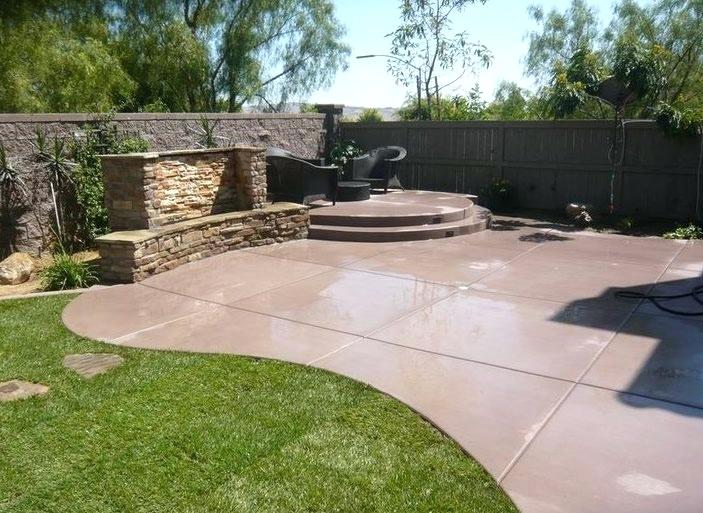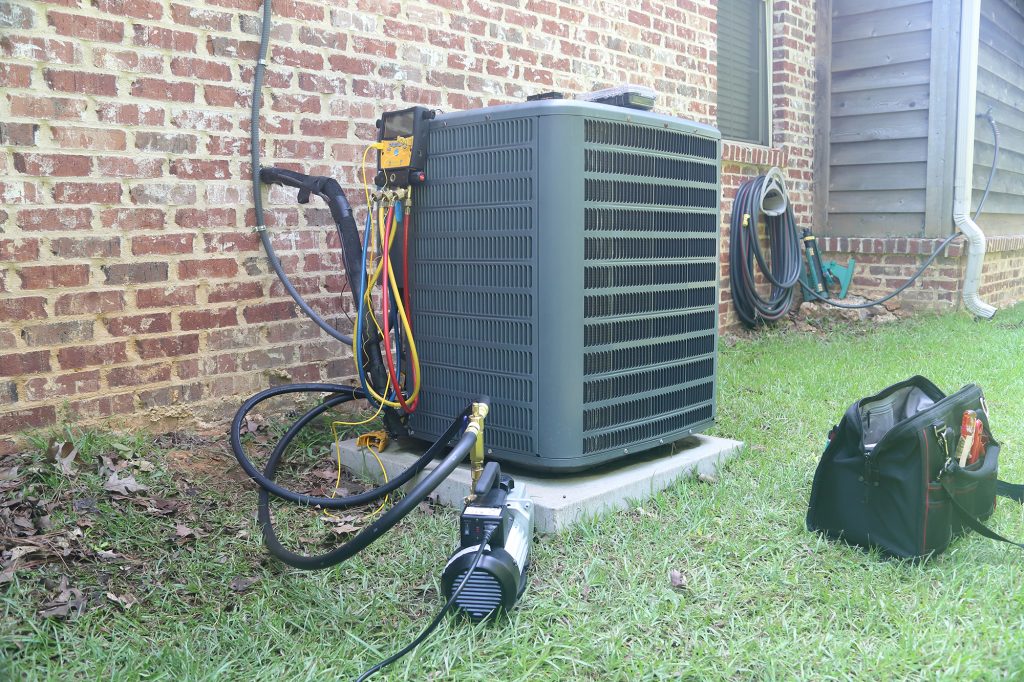Concrete Contractors Near Me
It is critical to hire the right concrete contractor when you have a concrete project. Whether you’re interested in a driveway, patio, walkway, or other project forms, there’s plenty of professionals out there to support. Nonetheless, you need to be sure that you choose the best one because you want to make sure the plan is done correctly.

It’s more than just finding a name on an internet search and choosing the lowest price to recruit a particular contractor. Use the following tips to make the right decision if you want to ensure that your plan is done on time, on budget, and with performance in mind.
Do the work you are doing.
You need to do your homework before you employ a Joe Schmo. A simple internet search will provide you with a list of potential contractors in your area to address the needs of your specific project. You can also demand recommendations from friends and family members, or you can contact a concrete local supply company and ask them if they can refer particular contractors. If you have a nice list of options, you can compare the shop and make an educated decision.
Check for experience.
You want to make sure that you choose an accomplished contractor. Try to select one that has been in the company for at least five years, as this will give you a certain level of stability and quality. Experienced contractors will be an active part of your project while also offering feedback and recommendations to support the smooth running of your project. For example, you’re going to want to choose someone who not only offers the right ready mix concrete for your design but also recommends additional options, such as concrete stamps, to improve the overall look.
Check the coverage.
On a job site, things can sometimes go wrong, and if that happens, you want to be sure that you are not responsible. Make sure the contractors you are considering are covered and that in the event of an accident it is sufficient to cover your home and company. You can always call the insurance company directly to help you decide and inquire about the policy and the dates to be checked.

Request references and contact them.
Always ask the contractor for a list of references before you sign any contract, and then contact those references to find out more about the contractor and its operation. Be sure to ask questions about the project type, the duration of the project, the contact and participation of the contractor, and the overall opinion of the source. To help you make your final decision, use this information.
Comparison of costs.
Generally, they will provide you with a quote for the project if you meet with contractors. To help influence your decision, evaluate the data you receive, and use it. Nonetheless, you should be careful to choose a price-based contractor alone, particularly if that quote is significantly lower than others. Such low-ball contractors can cut corners or do low-quality work, and you don’t want to suffer from your venture just to save some initial money.
Measure the experiences you have.
By the way, he or she behaves, you can tell a lot about somebody. Try finding a contractor with a friendly attitude, willing to spend time meeting or speaking with you, answering your questions, and responding to you in a timely manner. In proving their commitment and value, this type of interaction can go a long way. If the contractor is reluctant to answer any questions, does not call you back, or in any way seems to be standoffish, find it an unprofessional sign and move on.
To get a great concrete project finished, it is important to choose the right Concrete Contractors to help you. Be sure to use these tips to make the best choice when considering your options. Charlotte Stamped Concrete or another local contractor can definitely help you with your next project.

